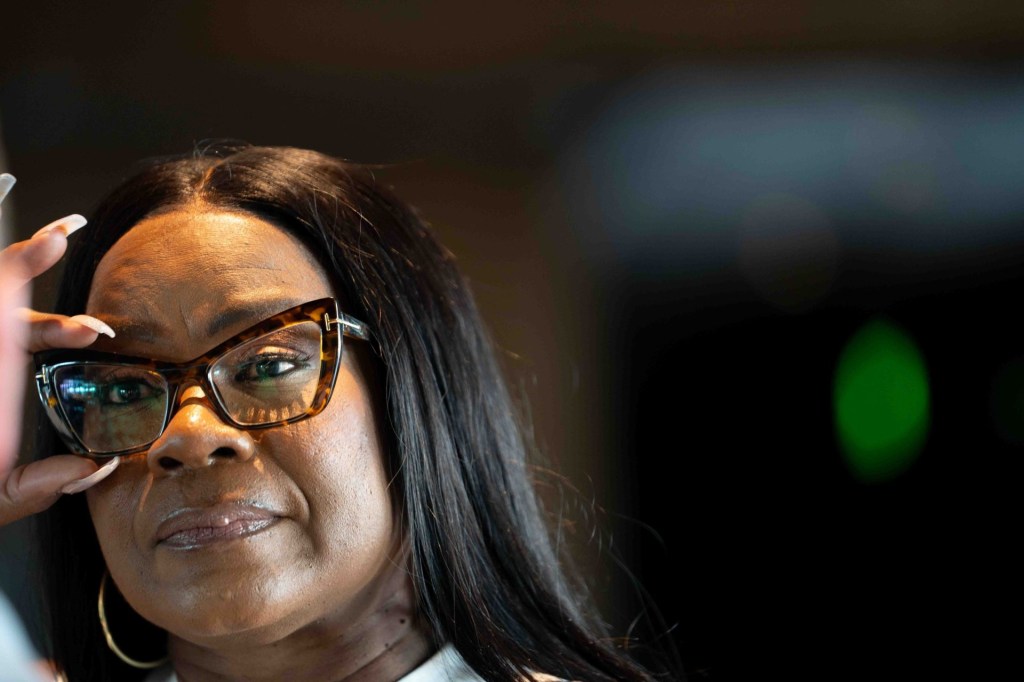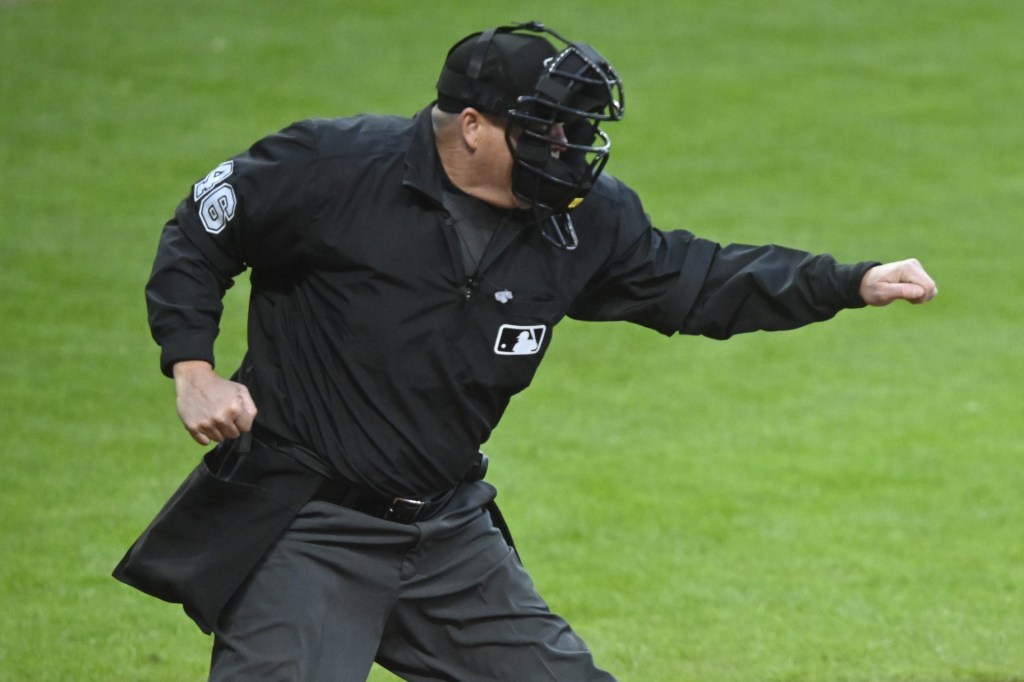
Picture the Olympics, where the upper echelon of athletes from around the world gather to showcase their skills on the largest platform imaginable. It takes years to hone one’s craft; the process of accentuating strengths, fixing mistakes, and adapting to new landscapes is a tall task for the elite to master. Of course, this environment is not limited to just the athletes.
Corporate sponsors have had a massive impact on the Olympic Games within the last few decades. From timely activations to year-round brand strategies, there are numerous responsibilities that must be completed if a company is hoping to successfully market themselves on a global stage.
With the next Olympic Games not occurring until 2020, it begs the question, why are we discussing them now?
In order to fully prepare for the Olympic Games and successfully perform the tasks at hand, companies have to begin implementation of future editions of the Games before the current ones have even started.
Enter Scot Smythe.
A former senior vice president for Visa, Smythe helped lay the corporate sponsorship groundwork for a whopping 11 Olympic Games with the payment card giant — as well as two additional Games while working with London-based Lloyds Banking Group and Sberbank for Sochi 2014.
[mc4wp_form id=”8260″]
Smythe wasn’t just confined to developing sponsorship strategy and activations. His expertise encompassed a full circle of crucial operations, including contract negotiations with agencies and organizing committees, forging relationships with tourism partners and sponsors, providing hospitality for some of Visa’s largest partners, and organizing logistics with host venues.
As stated, Smythe’s preparation for each cycle began long before the general public could see the updates.
“The timeline varies by all participating partners and can also be different for domestic vs. global partners, as well as comparing the Winter Games vs. Summer Games,” explained Smythe. “For Visa, operational planning would typically begin four-to-five years out from the Games. As a continuing partner since 1986, the effort was merely a transfer of knowledge and experiences from previous Games and carry forward to the successive Games.
“Once the Games are three years away, task forces are formed, budgets and operational plans are completed as intensive site surveys are initiated. When it hits one year out, operational teams are in full activation mode.”
While the operational processes and formal measures were instrumental to Visa’s success, much of the behind-the-scenes cohesiveness can be attributed to the full immersion process that took place during ongoing Games in order to prepare for future ones. Visa would hone in on key members from its organization, as well as respective agencies, venue specialists, and other partner representatives that served as key figures in upcoming Games in order to collaborate on future ones. Lather, rinse, repeat.
“Initial efforts for future Games were purely built on relationship-building as well as having staff from future host cities around to experience the Games that occur before theirs,” Smythe said. “For Visa, we managed a core team of 10-to-12 individuals that worked from Games to Games. For each Games or major event, Visa would create a Task Force made up of the core Visa International Team from San Francisco and local counterparts in the host country.
“For example, every core Olympic project — including marketing, communications, logistics, hospitality, security, incident management, merchant programs etc. — would have a dedicated team member from both the international and domestic teams. The importance of cross-cultural communications and sensitivities was enormous. This was especially true in dealing with the local business communities, bank partners, and organizing committees.”
Smythe also pointed out that while the strength of the project execution was founded on experienced staff from previous Games, the success always depended on the local teams’ ability to passionately embrace the challenge, contribute their local expertise, and take ownership in fulfilling an exceptional experience from our customers, staff, and sponsorship.
These processes served two-fold as a way to build team unity while also serving as key touchpoints to gather many differing perspectives in the same places at the same times.
Smythe was tasked with applying these throughout different geo-political landscapes throughout the world including Barcelona, Sydney, and Beijing. For most of these cities, the economies were in states of prosperity as the countries already served as tourist destinations with established baking systems. At these venues, Visa was in a position where they were looking to maximize their brand as they looked to activate on a large-scale opportunity.
However, this was not the case for every Olympic Games host nation.
Take Greece, for example. A very historical cash-based society that, at the time of the 2004 Games in Athens, still held a traditionalist-like hesitation to wide-scale methods of payment and new technologies. By working proactively through grassroots marketing campaigns and interacting directly with local business leaders and bankers, Visa was able to help open up the countries’ mindset regarding efficient consumerism.
“As a Payment Systems sponsor, Visa is highly motivated to ensure that each Olympic Games location has broad acceptance and use of Visa products,” Smythe said. “This is true for both the main tourist areas and of course the Games sport and non-sport venues. For a traditional cash society like Greece for the 2004 Games the challenge is intensified. Several years in advance we were able to form broad alliances with the Greek National Tourist Association, area restaurant, and merchant associations.”
The time-tested methods of relationship building allowed Smythe and his team to make help make sweeping changes to not only the payment systems that were previously established in Greece, but to the marketing side of businesses as well. This enabled the Greek market to unify under one seamless payment system in order to drive point-of-sale interactions. Simultaneously, Visa was able to promote the prestige and history of the Games through additional point-of-sale advertising.
“We worked with them to partner with Visa and our local member banks in order to fast track the acceptance of our products and essentially change the payment systems culture in a manner of months,” he noted. “The effort came through incremental investment in payment systems for local use, intensified training for area merchants on the benefits of card acceptance, and widespread use of Olympic themed sale collateral to post at point of sale and in windows.
“For retail stores and restaurants, the only way that they are able to display Olympic marks and imagery is through a partnership with a local or global sponsor. Therefore, participation in the Visa program was highly sought after.”
The best part about Visa’s payment integration? The impact is still felt long after the 2004 Games concluded.
“For the 2004 Games, and for years following the Games, Visa card acceptance and usage showed a dramatic increase and matched that of other similar size European cities.”
With all of the experiences and memories that Smythe was a part of over the years, his favorite Olympic moment fittingly mirrors the tangible, “bigger than oneself” experience that Visa brought to fans through its quest to provide a more meaningful experience.
[mc4wp_form id=”8260″]
“Most of my favorite Olympic memories are those that don’t necessarily feature the winning performance, but rather those moments where athletes best exemplified the meaning and history of the Olympic Games,” he said. “It can be best summarized by the famous quote from the founder of the modern Olympiad Pierre de Coubertin, ‘The most important thing in the Olympic Games is not winning but taking part, the essential thing in life is not conquering, but fighting well.’”




![[Subscription Customers Only] Jun 15, 2025; Seattle, Washington, USA; Botafogo owner John Textor inside the stadium before the match during a group stage match of the 2025 FIFA Club World Cup at Lumen Field.](https://frontofficesports.com/wp-content/uploads/2026/02/USATSI_26465842_168416386_lowres-scaled.jpg?quality=100&w=1024)
![[Subscription Customers Only] Jul 13, 2025; East Rutherford, New Jersey, USA; Chelsea FC midfielder Cole Palmer (10) celebrates winning the final of the 2025 FIFA Club World Cup at MetLife Stadium](https://frontofficesports.com/wp-content/uploads/2026/02/USATSI_26636703-scaled-e1770932227605.jpg?quality=100&w=1024)











